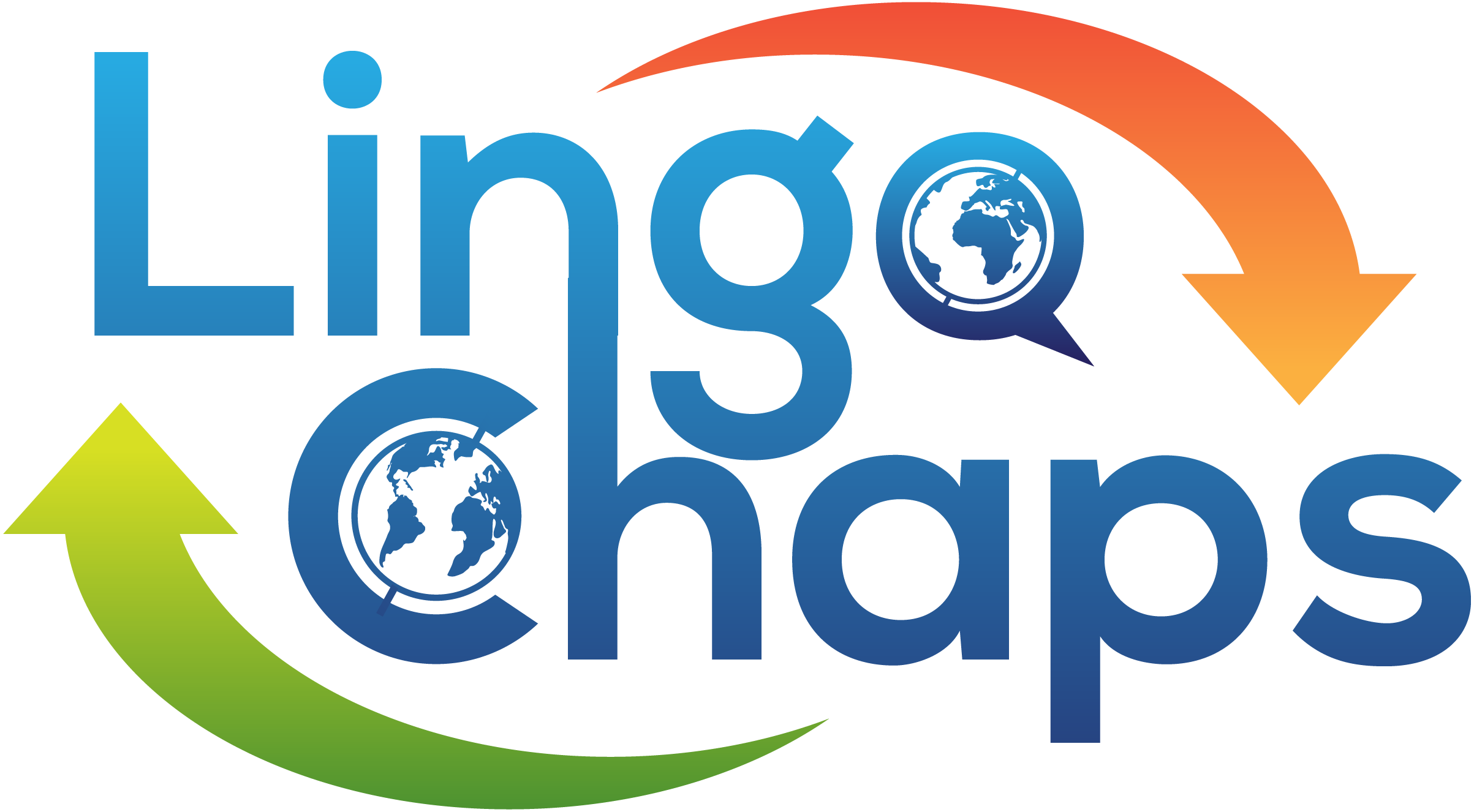Legal Translations
Legal Translations
What is Legal Translations?
Legal translations involve the translation of legal documents and texts from one language to another. This could include contracts, court documents, patents, or any text that has legal standing. It is essential for the translator to not only be fluent in both the source and target languages but also to have in-depth knowledge of the legal systems involved. This ensures that the meaning of the legal text is preserved and that there are no misunderstandings that could result in serious legal consequences.
The Role of Legal Translations in International Law
Legal translations are fundamental in international law, where different legal systems and languages come into play. When legal documents need to be understood by parties in different countries, accurate translations are critical to avoid misunderstandings. Legal translations enable smoother international transactions, cross-border disputes, and international litigation by ensuring all parties understand the legal obligations, rights, and duties outlined in the documents.
Types of Legal Documents that Require Translation
Various legal documents often require translation. Some of the most common types include:
Contracts and Agreements
These documents outline the terms and conditions agreed upon by parties. Translating contracts accurately is crucial because even a minor error can alter the meaning and lead to disputes.
Court Documents
Legal proceedings in international courts require that court documents, including pleadings, witness statements, and judgments, be translated so that all parties can fully understand them.
Patents and Intellectual Property
Protecting intellectual property across multiple jurisdictions often requires the translation of patent applications and related legal documents.
Corporate Documents
Multinational companies frequently need translations for bylaws, incorporation documents, and financial agreements to comply with legal requirements in different countries.
Challenges in Legal Translations
Legal translations are particularly challenging because they involve technical terminology, different legal systems, and jurisdiction-specific concepts.
Legal Terminology: Legal language is often dense, full of specific terms, and highly formal. A legal translator must have a firm grasp of the legal terminology in both languages to ensure accurate translation.
Cultural and Jurisdictional Differences: Laws differ from country to country, and certain legal concepts in one jurisdiction might not have an exact equivalent in another. Translators must navigate these differences carefully to preserve the intent of the original text while adapting it to the target legal framework.
Accuracy and Precision in Legal Translations
Accuracy is paramount in legal translations. Any mistake, no matter how small, can lead to misinterpretation, resulting in legal disputes, financial losses, or even criminal liability.
Why Errors Can Have Serious Consequences: In legal matters, even a slight mistranslation can alter the meaning of a contract, invalidate a court ruling, or result in the rejection of a patent application. Therefore, legal translations must be precise.
Ensuring Compliance with Legal Standards: Legal translations must comply with the legal standards and requirements of the target country or jurisdiction. This ensures the translated document holds the same legal weight as the original.
The Legal Translator’s Skillset
Legal translators require a unique set of skills that go beyond language proficiency.
Expertise in Legal Systems: Translators must have a comprehensive understanding of the legal systems of both the source and target languages. This helps ensure that the translation accurately reflects the legal concepts involved.
Language Proficiency and Attention to Detail: Fluency in both the source and target languages is a given, but legal translators also need to be detail-oriented, as even minor errors can have significant consequences.
How to Ensure the Quality of Legal Translations
The quality of a legal translation can make or break a case or business deal. To ensure high-quality translations:
The Importance of Credentials and Experience: Hiring a translator with relevant qualifications and experience in legal translations is essential. The translator should have a track record of working on similar legal documents.
Collaboration with Legal Professionals: Working closely with legal experts in the relevant field helps ensure that the translation is accurate and reflects the legal nuances of the text.
Legal translations are a vital part of the global legal landscape, facilitating cross-border business, litigation, and legal processes. They require not only linguistic expertise but also a deepIn today’s interconnected world, legal matters often cross international boundaries. Whether it’s a multinational corporation signing contracts in different languages or individuals involved in international litigation, accurate legal translations are essential. Legal translations play a critical role in ensuring that legal documents are understood in the same way, no matter the language they are written in. But this is not as simple as it sounds. Translating legal texts requires not only linguistic skills but also a deep understanding of legal systems.


